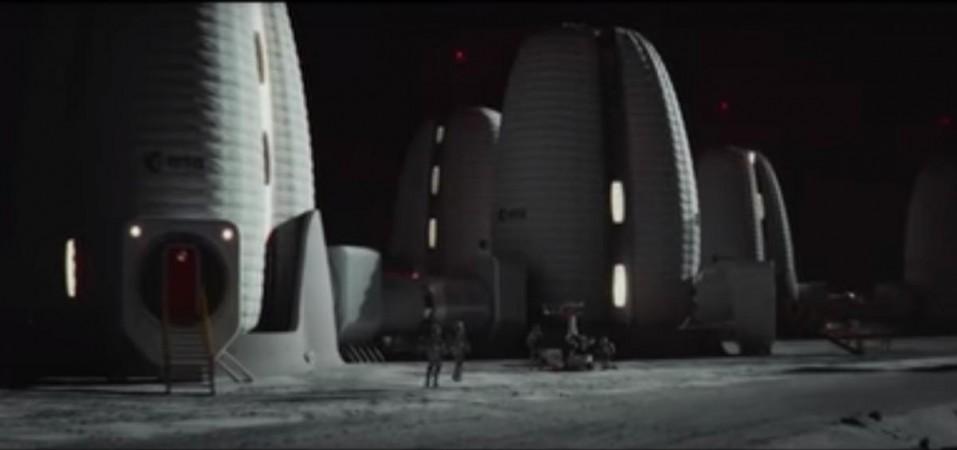As NASA is busy preparing plans for the next Artemis mission aimed at landing humans on the moon, a short film name 'Life Beyond Earth' has presented a realistic version of a future lunar base. The four-minute short film also showcases the future habitat on the lunar surface where humans could live aiming to achieve the ultimate goal of Mars colonization.
Visuals of a future lunar base
The concept shows in this short film is developed by the architectural firm Skidmore, Owings & Merrill (SOM). The part of an installation used in the short film is currently exhibited at the 17th International Architecture Exhibition of Biennale in Venice, Italy. While making this short film, makers sought guidance from experts at the European Space Agency (ESA), and retired NASA astronaut Jeffrey Hoffman. SOM also used ESA's Concurrent Design Facility (CDF) to design the hypothetical lunar base that could be set up on the lunar surface.

"The invitation to exhibit at the Venice Biennale and generally the positive response to this fruitful collaboration between our space engineering world and architecture experts are very encouraging. This project could pave the way for further multidisciplinary exercises here in Europe when thinking about future sustainable human habitat concepts," said ESA materials engineer Advenit Makaya in a recent statement.
The inspiration behind the design
The ESA statement noted that the ultimate inspiration for the lunar habitat came from the vision of the international Moon Village, a hypothetical concept for lunar settlement made using an alliance of private and public, space and non-space partners.
"The team was enthusiastic from day one. Our CDF sessions allowed us to perform a close review of the design with our own ESA experts, providing valuable feedback to SOM," said CDF team leader Robin Biesbroek.
The primary attraction of this lunar base developed by the SOM is an imagined habitat that could help to build an early colony on the moon. Its semi-inflatable design ensures a high volume-to-mass ratio, in which the habitat is capable of expanding to nearly double its packing volume when inflated.








